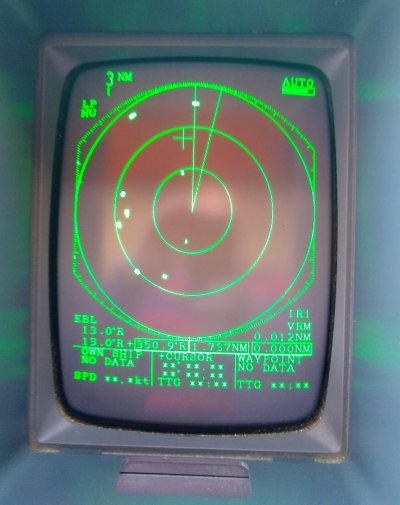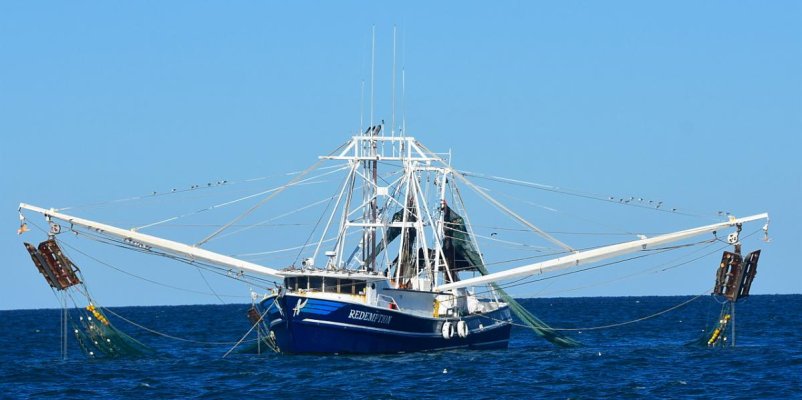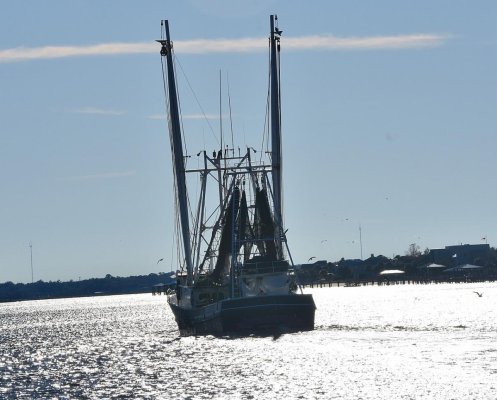How often do you actually use your radar?
For running the AICW, Coastal Cruising, crossing the Stream?
We rarely turn it on when running the AICW, but do have it on when offshore even running just off shore inlet to inlet. And always when crossing.
I have always been aware of the fact that when you have a radar you "must use it," but never do in the close confines of the AICW. I have decided that to do so is really not appropriate.
What do you guys do?
From DHS Nav Center:
"11. Am I required to have Radar? Radar is not required on vessels under 1600 GT (33 CFR 164.35), however, Rule 7 states that proper use shall be made of radar equipment if fitted and operational. In other words, whoever has one must use it. The Navigation Rules are not meant to discourage the use of any device, rather they expect prudent mariners to avail themselves of all available means appropriate...as to make full appraisal of the situation (Rule 5), e.g. the use of radar. At issue is whether the use of radar is appropriate in the prevailing circumstances and that is a determination made by the Master; and, ultimately decided by a trier of fact.
Should you be in a collision how would a judge/jury rule on your contention that the use of radar was impracticable (due to electrical drain, crew shortages, etc.)? Also, if a collision does occur, then there was obviously a risk of collision beforehand. Could the determination of that risk have been made sooner with the use of radar? It is difficult to answer such questions because the circumstances of each case are different.
More importantly, remember that Rule 7 specifies that assumptions shall not be made on the basis of scanty information, especially scanty radar information."






